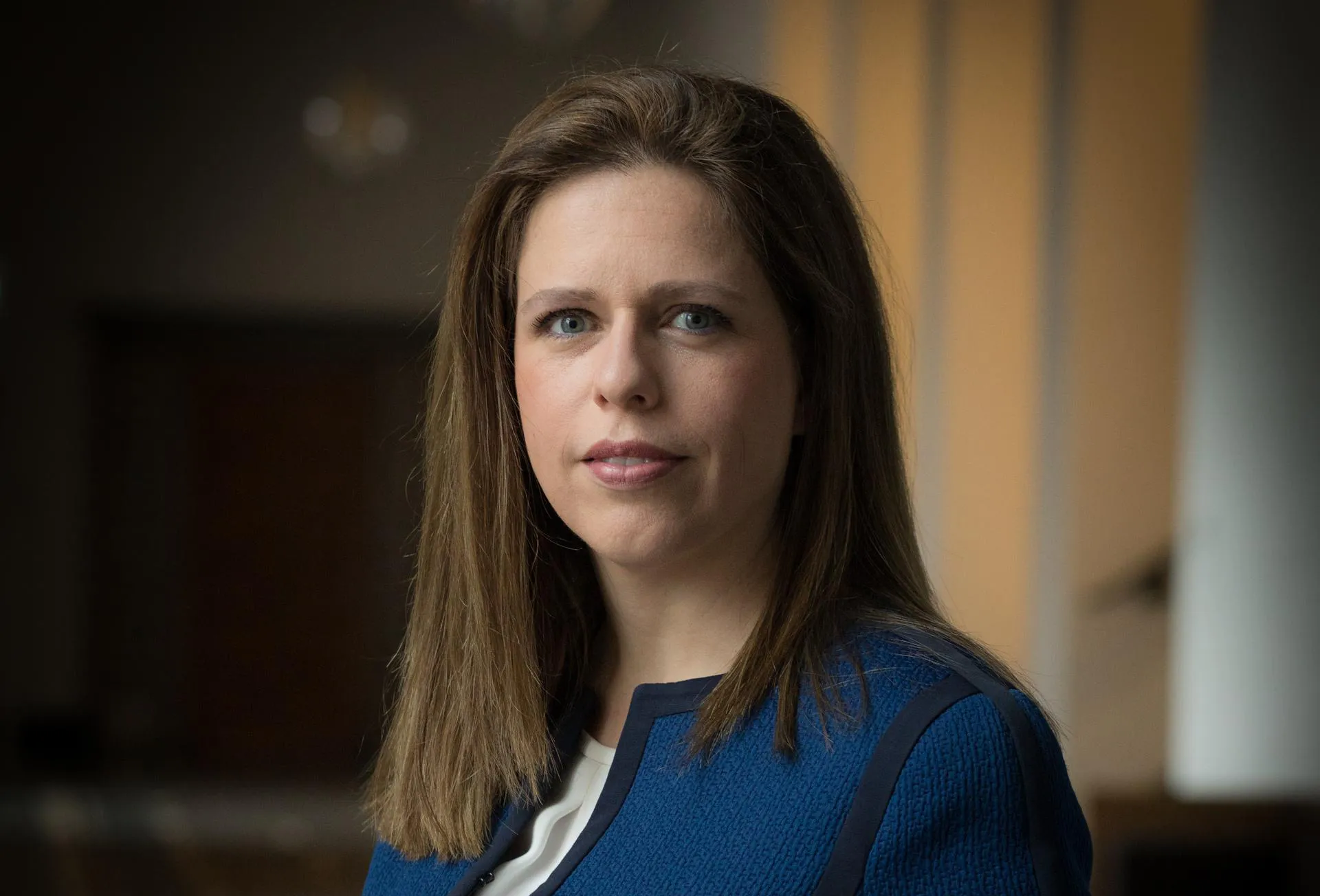
The government says the move will support plans in which all cars will need to be zero-emission by 2030.
As part of the measures, parties within the National Climate Agreement are exploring ways of speeding up measures for sustainable transport.
The move follows a letter sent from the minister of agriculture, nature and food quality, Carola Schouten, to the Dutch House of Representatives in response to the first report of the Advisory Committee on Nitrogen.
Schouten wrote: “We are confronted with a nitrogen problem that puts our air quality and our natural environment at risk and threatens to slow progress and prevent new projects.”
“There are no quick fixes, but it is clear that nitrogen emissions need to be reduced,” Schouten continued. “The government accepts the responsibility for taking the right measures.”
Steps are already being taken to introduce zero emissions in Amsterdam. Last month, the city’s authorities set out plans to convert most municipality vehicles to zero-emission by 2025.










